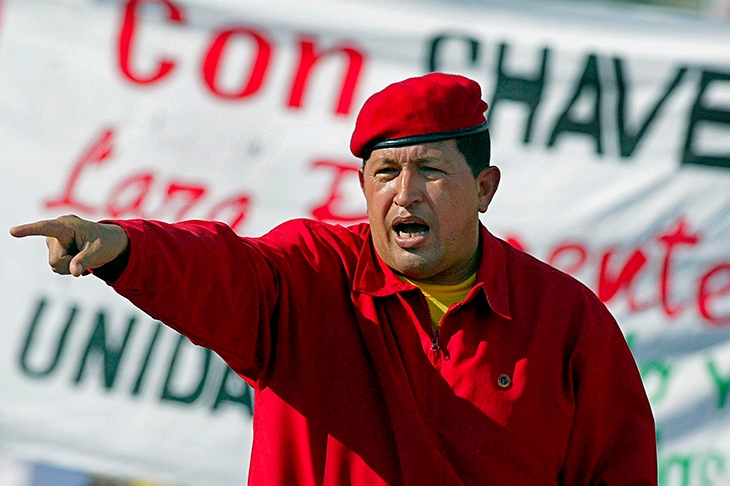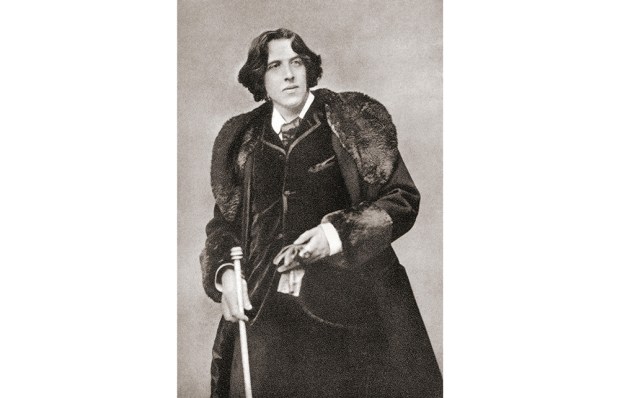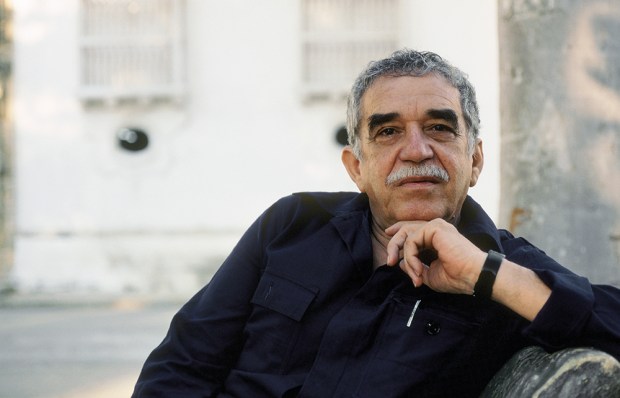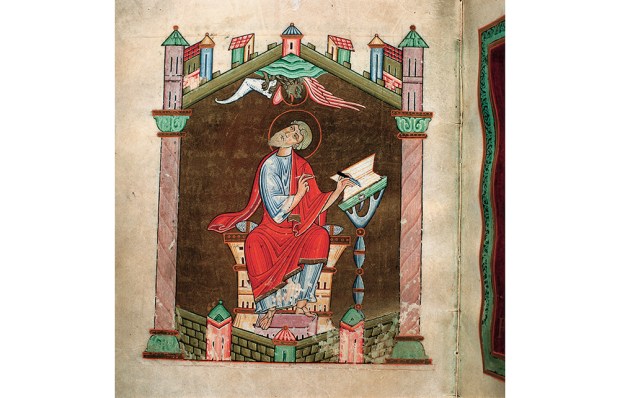It wasn’t so long ago that British readers, on hearing about the incompetence and corruption of Latin America’s political leaders, could gasp, despair or smirk, depending on their own political leanings and the leaders in question, and rest assured that, for all the United Kingdom’s problems, they were immune to such folly. Institutions were stable, the rule of law was unshakeable, the economy was reliably solid and, besides, the good old Brits, born with an innate common sense that was the envy of the rest of the world, would never fall for such blatant chicanery. Those days are no more.
In Latin America, however, charlatans have long been part of the political landscape. From Mexico’s caudillosto the small-town sheriffs who ran much of Brazil’s impoverished northern half, to the military juntas that tortured and killed with impunity for much of the 1970s, the region’s familiarity with autocrats and dictators is as depressing as it is grim.
Will Grant’s book ¡Populista! The Rise of Latin America’s 21st-century Strongman is about the latest wave of those claiming to be salvadores de la patria, the leftist leaders who took power during the first part of the century. The presidents of the countries profiled — Venezuela, Brazil, Bolivia, Ecuador, Nicaragua and Cuba — mostly started out as democratic socialists, more Blair and Clinton than Marx and Engels, and for that reason their success was dubbed the Pink Tide.
The book’s title is unfortunate because not all of the presidents or regimes profiled were or are populist. Flawed though they were, the Bolivian leader Evo Morales was more popular than populist and the Brazilian president Luiz Inácio Lula da Silva — once described by Barack Obama as ‘the man’ — was a democrat and a statesman. Cuba feels out of place, too, although its inclusion is understandable, given that Grant is based there as the BBC correspondent, and, as he explains, Fidel Castro was the inspiration and adviser to most of those profiled. If the book were really about populists, a more appropriate chapter would have been on Argentina, where populism has its own virulent and entrenched form known as Peronism.
Nevertheless, Grant’s reporting is detailed and enlightening. He puts the leaders and their reigns in their historical context while asking why the movements they fronted worked. The answer, he explains, lies in the leaders who preceded them. First the brutal dictators of the 1960s and 1970s; then the incompetents in charge during the lost decade of the 1980s; and finally the technocrats who failed substantially to reduce the inequality, corruption and violence that had beset their nations for so long. ‘The conditions were ripe for change,’ Grant writes. ‘Quite simply, the past hadn’t worked for most Latin Americans and they yearned for a new kind of politics.’
A key factor to success was timing. In the first decade of the millennium Latin America was flush with cash as China gobbled up raw materials for its double-digit growth. Record commodity prices brought good times to all and the windfall enabled leftist leaders to splash out.
For a while it looked so promising. Peru was more stable than at any time in years; Bolivia and Ecuador granted long-overdue rights to their indigenous populations; Colombia ended its decades-long counter-insurgency war; Brazil, by now the sixth largest economy in the world, held the World Cup and the Olympics and got what it had always wanted from the West: respect. The region’s poverty rate decreased from 27 per cent to 12 per cent in little more than a decade.
But when the money ran out, as the financial crisis hit and the price of raw materials fell, so did the largesse and the ideas. Unrest grew, and too many leaders ended up resorting to the same abhorrent tactics as the predecessors they despised.
Lula annointed an inept successor and then was jailed for corruption (albeit on questionable charges in a flawed trial). Morales ignored the constitution in order to extend his time in power and was eventually forced to flee Bolivia when the military turned against him. In Nicaragua, Daniel Ortega turned paramilitary goons on his own people. Rafael Correa went after critical journalists, was accused of kidnapping a rival, and was then found guilty of corruption in Ecuador. Venezuela’s Hugo Chavez shut down opposition and perverted elections to get his own way, before dying of cancer in 2013. His hand-picked successor, Nicolas Maduro, perhaps the worst of them all, has no qualms about turning the army’s guns on crowds of starving protestors.
Once a certain threshold has been passed, ‘the populist appears to morph from the outlandish to the profoundly dangerous’, Grant says in summing up. In Latin America that was when leaders blatantly disregarded first the law, then their opponents’ opinions and finally their lives.
Elsewhere the tipping point might come with contempt for truth, international law, scientists or hungry children.
For British readers unfamiliar with the rawness of Latin American politics there is plenty in this book to shock. There’s also plenty there that should serve as a warning.
Got something to add? Join the discussion and comment below.
Get 10 issues for just $10
Subscribe to The Spectator Australia today for the next 10 magazine issues, plus full online access, for just $10.
You might disagree with half of it, but you’ll enjoy reading all of it. Try your first month for free, then just $2 a week for the remainder of your first year.














Comments
Don't miss out
Join the conversation with other Spectator Australia readers. Subscribe to leave a comment.
SUBSCRIBEAlready a subscriber? Log in